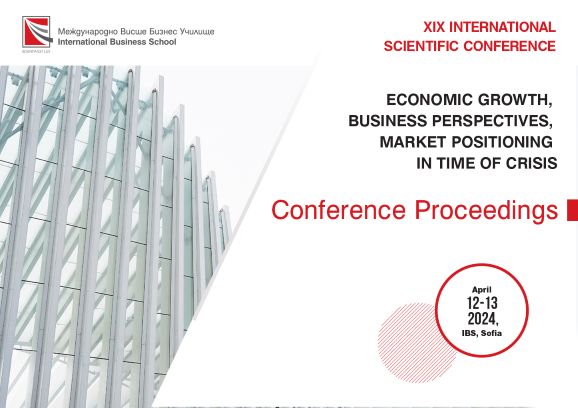Renewable energy solutions for financing of renovation of condominium housing
Renewable energy solutions for financing of renovation of condominium housing
Author(s): Georgi Georgiev
Subject(s): Economy, Energy and Environmental Studies, Green Transformation
Published by: Международно висше бизнес училище
Keywords: sustainable architecture; LCCA; renewable energy; payback period
Summary/Abstract: Research background: Importance of the energy consumption in the urban structures is getting increasing attention in the context of exhausting of non-renewable sources of energy and the global warming prospective. Therefore, both energy saving and renewable energy options within the built environment are considered to mitigate the looming global negative changes. The concept of Positive Energy Districts (PED) is getting increasing popularity among researchers and urban practitioners. Positive Energy Districts and Neighborhoods are an integral part of comprehensive approaches towards sustainable urbanization including technology, spatial, regulatory, financial, legal, social and economic aspects. Purpose: Worldwide pilot developments are exploring the concept of PED as urban neighborhood with annual net zero energy import and net zero CO₂ emissions by integration between buildings, the residents and the energy, mobility and ICT systems. The purpose of the paper is focused on the investigating the potential of use the concept by integrating of renewable energy sources in apartment housing estates. The phenomenon of prevailing large scale multistory mass housing estates is taking place in almost all Eastern European countries. It leads to threefold problem of low living standard, low energy efficiency and deterioration of housing in such estates. The use of PED concept for such housing estates could have the potential to solve the problem by integrating of RES within the multistory housing. For the purpose it is instrumental to investigate the local specifics, pros and cons for the case of Bulgaria in regard to housing technologies and legislation climate conditions and residents mentality etc. Methods: Analysis of the potential of use of mass large scale condominium housing to be used for integration of RES. Analysis of potential viable options for use of funds from produced energy for refurbishment of multistory apartment buildings and the related institutional and legal provisions that would be necessary. Findings and novelty: The lack of proper maintenance and management of large scale condominium housing is a common problem in post-Soviet Eastern European countries starting from the very beginning of occupation of such apartment buildings. After the political and economic changes in 90-ies of last century the problem worsened in the context of missing legislation and financing that has led to systemic and permanent process of deterioration of such housing. Another weak point of such buildings is the extremely high extent of energy inefficiency leading to increasing issue of energy poverty for the residents of condominium apartments. The paper investigates the potential to convert the problems into opportunities by integration of renewable energy sources into industrially built mass multistory apartment housing using the funds from produced RES energy to fund condominium apartment buildings renovation.
Book: Икономически растеж, бизнес перспективи, пазарно позициониране в условията на криза
- Page Range: 49-60
- Page Count: 12
- Publication Year: 2024
- Language: English
- Content File-PDF

